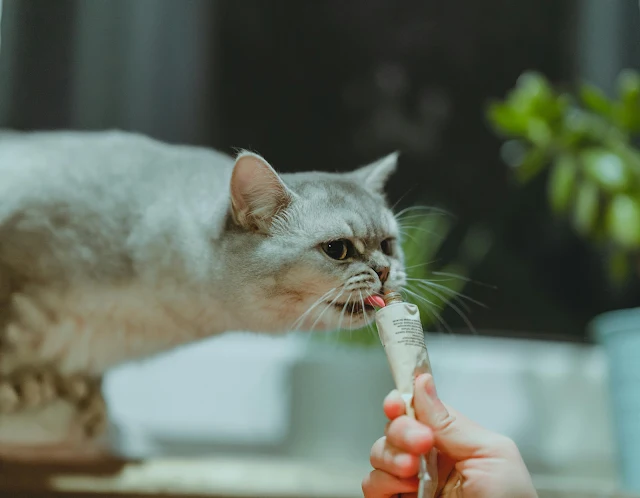Feeding your cat the right diet is crucial for their health and well-being. Cats have unique nutritional needs that differ from other pets, and understanding these requirements can help you ensure your feline friend lives a long, healthy, and happy life. This guide will walk you through why feline nutrition matters, how to choose the best food for your cat, and key things you must know to keep your cat thriving.
Why Feline Nutrition Matters
Cats are obligate carnivores, meaning their diet must primarily consist of meat. Unlike dogs, who can handle a more varied diet, cats require specific nutrients that are found in animal products. Proper feline nutrition supports everything from their immune system and energy levels to their coat and dental health. Without the right diet, cats can develop serious health issues, including obesity, diabetes, and urinary tract problems.
Feeding your cat the right food is a cornerstone of their overall well-being. 🐾
How to Choose the Best Food for Your Cat
Selecting the right food for your cat can seem overwhelming, but focusing on a few key factors can make the decision easier:
Look for High-Quality Protein: Ensure the cat food lists a high-quality source of animal protein, like chicken, beef, or fish, as the first ingredient. This is vital because cats need a diet rich in meat.
Check for Essential Nutrients: Cats require specific nutrients like taurine (an amino acid), arachidonic acid (a fatty acid), and vitamins like A and D, which are naturally found in animal tissues. Make sure the cat food contains these essential nutrients.
Consider Wet vs. Dry Food: Wet food can be beneficial for cats because it provides hydration and is often more palatable. However, dry food is more convenient and can help with dental health. A combination of both can offer balance.
Avoid Fillers and Artificial Ingredients: Stay away from cat foods that contain fillers like corn or soy, as well as artificial colors, flavors, and preservatives. These can contribute to health issues over time.
What You Must Know About Feeding Your Cat
When feeding your cat, there are some important considerations to keep in mind:
Portion Control: Overfeeding is a common issue that can lead to obesity. Follow the feeding guidelines on the cat food packaging and adjust based on your cat's activity level and age.
Hydration is Key: Cats often don't drink enough water, especially if they primarily eat dry food. Ensure they have access to fresh water at all times, and consider incorporating wet food into their diet to boost their moisture intake.
Life Stage Nutrition: Cats have different nutritional needs at various life stages—kitten, adult, and senior. Choose a diet that is appropriate for your cat’s age to support their health as they grow and age.
Feeding your cat a balanced and nutritious diet is essential to their health. By choosing the right food and being mindful of their specific needs, you’ll help ensure your feline friend stays healthy, active, and happy throughout their life. 🐱
🏆 Click and find more on [Google] , [Bing], [YouTube]










.jpg)
